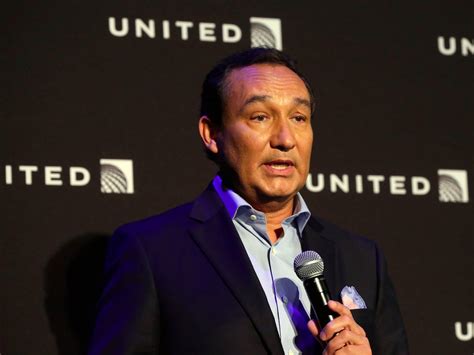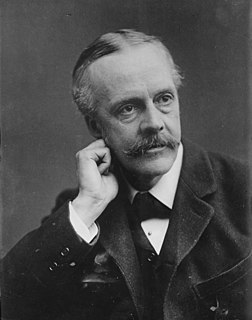A Quote by Oscar Munoz
I deeply apologize to the customer forcibly removed and to all the customers aboard. No one should ever be mistreated this way. I want you to know that we take full responsibility, and we will work to make it right. It's never too late to do the right thing.
Related Quotes
The best way to apologize is to let the customer vent first. Don't interrupt, just take notes and make empathetic noises. You can even tell the customer that it makes you mad too. Second, ask the customer what their speed of need is. Tell them what they ant to hear. That you apologize, that you understand how they feel, that you are meeting with the appropriate people to get a resolve, and that it will be done in 24-hours.
I thought that if the right time gets missed, if one has refused or been refused something for too long, it's too late, even if it is finally tackled with energy and received with joy. Or is there no such thing as "too late"? Is there only "late," and is "late" always better than "never"? I don't know.
The outside-in discipline requires that you have an explicit customer-based reason for everything you do in the marketplace. Managers need to create what I call "customer pictures," verbal descriptions of customers that highlight the key customer characteristics and make those customers come alive. Although managers never know as much about customers as they want and need to know, the outside-in discipline requires that they construct customer pictures anyway, basing the pictures on whatever hard data they have plus hypotheses and intuition.
Often, very talented technical people find it extraordinarily difficult to take the viewpoint of customers, who are often ignorant about the technology and who may have strong and perhaps incorrect prejudices about it. The technical people may believe, deep down, that they know better what customers "should" need. Customers, of course, have a different perspective. They want products that will solve customer problems and provide other customer benefits, and will do so without undue risk or cost. Not infrequently, customers view advanced technology itself as a risk.
All these think tank experts in Washington at the Woodrow Wilson Center say, "It's really, really a dangerous thing. It's just not right. The president of the United States should never, ever make his first foreign trip to the Middle East! Never, ever. Because it's too fraught with potential disaster. Because President Trump clearly is not sophisticated enough to know the idiosyncrasies, the customs, and the requirements." That's right, no president ever has. Do you know that there has never by a direct flight from Riyadh, Saudi Arabia, to Tel Aviv until Donald Trump did it? Never.
That’s why you have to write your book right now, if that’s what you want to do. If you wait until you have the time, and the security, you might not want to do it. You’re in a race against your own enthusiasm. Don’t put it off because someone told you it’s never too late. That’s the worst lie. It’s never too late today, but it’s often too late tomorrow.
The goal of a startup is to figure out the right thing to build-the thing customers want and will pay for-as quickly as possible. In other words, the Lean Startup is a new way of looking at the development of innovative new products that emphasizes fast iteration and customer insight, a huge vision, and great ambition, all at the same time.
And realize that life is the best thing ever, and that you have no business taking it for granted. Care so deeply about its goodness that you want to spread it around. Take money...and give it to charity. Work in a soup kitchen. Be a Big Brother or Sister...You want to do well, but if you do not do good too, then doing well will never be enough.
You get to use everything you learned in movie business. You talk to actors, if you do it right - and I haven't always done it right - you should be shaping the material all the time. And the other thing is, you get all the blame when you direct and it doesn't work. You get slammed. So that's another reason to know what you're making, why you're making it, and make it the way you want.
I wasn't saying whatever they're saying I was saying. I'm sorry I said it really. I never meant it to be a lousy anti-religious thing. I apologize if that will make you happy. I still don't know quite what I've done. I've tried to tell you what I did do but if you want me to apologize, if that will make you happy, then OK, I'm sorry.
I want you to say to me right from the start, "We are here to serve customers. We're not here for me to make a lot of money. We're not here to bet on interest rates or credit spreads. We are here to serve our customers really well over a long period of time, and that's how you build a successful business." And so I want to see that, too, you know?
We live, understandably enough, with the sense of urgency; our clock, like Baudelaire's, has had the hands removed and bears the legend, "It is later than you think." But with us it is always a little too late for mind, yet never too late for honest stupidity; always a little too late for understanding, never too late for righteous, bewildered wrath; always too late for thought, never too late for naïve moralizing. We seem to like to condemn our finest but not our worst qualities by pitting them against the exigency of time.


































